SingaporeMotherhood | Parenting
December 2016
Raising Olympic Champions: A Guide for Parents
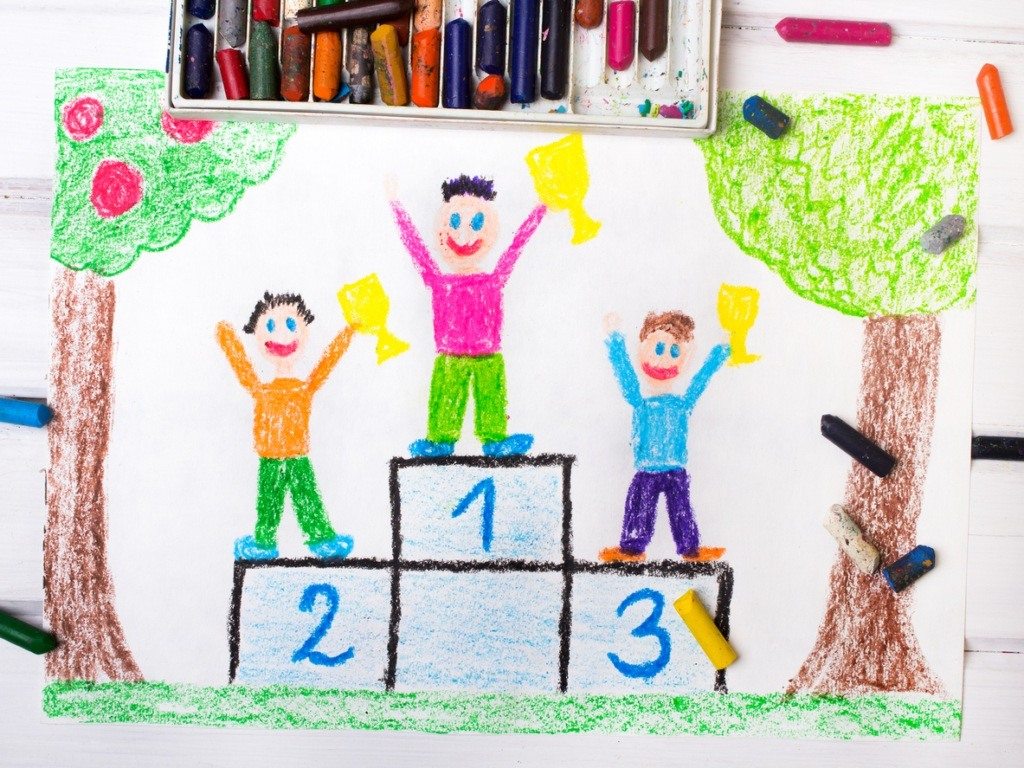
Our children can learn valuable lessons from Olympians and Paralympians in order to achieve meaningful success and become champions in their own right.
The story behind any Olympic win is inspiring. It demonstrates how ordinary people, through sheer grit, effort and determination, can attain extraordinary accomplishments. Even more moving are the Paralympians. Each has to overcome their disabilities to scale heights that many able-bodied people are unable to reach. Even if you are not looking for your child to win an Olympic medal, they can still benefit from these 10 lessons.
[banner][/banner]
1. Pick Yourself Up After a Fall
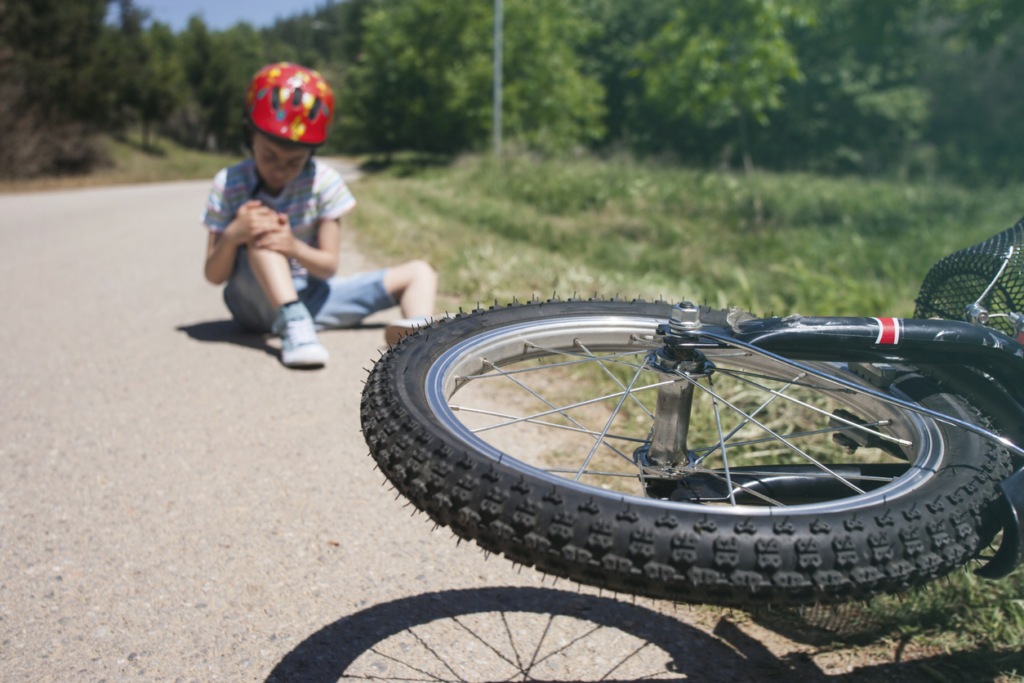
On the bumpy road to success, falling does not necessarily equate failing. Mo Farah learnt this during the 10,000m race at the Rio Olympics. Despite tripping and falling, he got up, blazed to the finish line and clinched the gold medal − with an open wound on his right shoulder.
In the words of three-time Olympic gold medallist Wilma Rudolph, “Winning is great, but if you are really going to do something in life, the secret is learning how to lose… If you can pick up after a crushing defeat, and go on to win again, you are going to be a champion someday.”
(See also: 14 Charity Runs & Walks That Will Help You Stay Active While Bonding with Your Kids)
2. Have Integrity
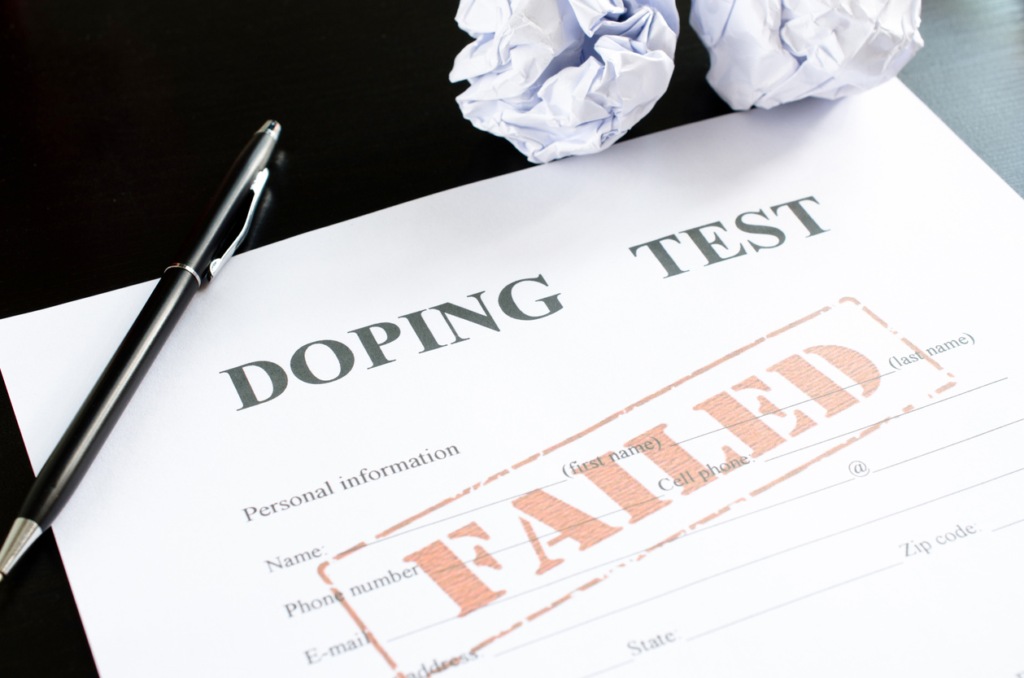
In his book, Winners Never Cheat, multi-billionaire Jon Huntsman, Sr. recounts how he grew a chemical company from scratch into a $12 billion enterprise. Citing integrity as the key to his success, he said, “There are no moral shortcuts in the game of business or life. There are, basically, three kinds of people, the unsuccessful, the temporarily successful, and those who become and remain successful. The difference is character.”
One calls to mind the ‘temporarily successful’ Olympic medallists who were relegated from the Hall of Fame into the Hall of Shame after failing dope tests. In a world where cheating services for essay writing are readily available online and cheating at overseas college entrance exams is rampant, we must impress upon our children that succeeding at any cost means nothing if it means throwing integrity out the window.
3. Achievements are Secondary to Character
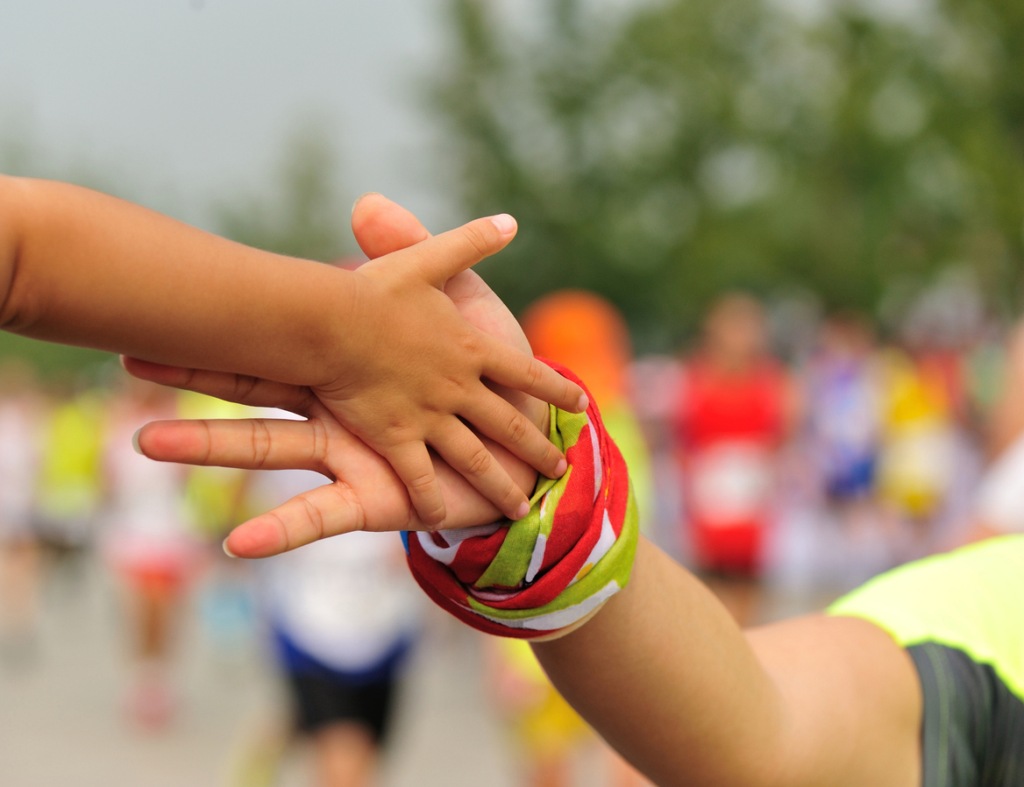
During the 2015 SEA Games marathon, Singaporean Ashley Liew found himself in the lead after his competitors had taken a wrong turn. Instead of capitalising on this advantage, Liew slowed down and waited for them to catch up before continuing his race. In so doing, he gave up a good chance of winning a medal, and eventually finished eighth. For this selfless, honourable act, he was awarded the prestigious Pierre de Coubertin World Fair Play Trophy on 15 October this year.
He joins the ranks of Olympic runners Abbey D’Agostino and Nikki Hamblin. They had also received this award for helping each other to the finish line during the women’s 5000m heats at the Rio Olympics, after Hamblin tripped, fell, and brought D’Agostino down as well.
Reflecting on his lost medal chance, Liew said, “Achievements are secondary to character; hardwired values prompt the necessary actions in response to any situation… it is my hope amidst our fast paced society, we continue cherishing values above achievements.”
(See also: Teaching Values to the Modern Child)
4. Have an Indomitable Spirit
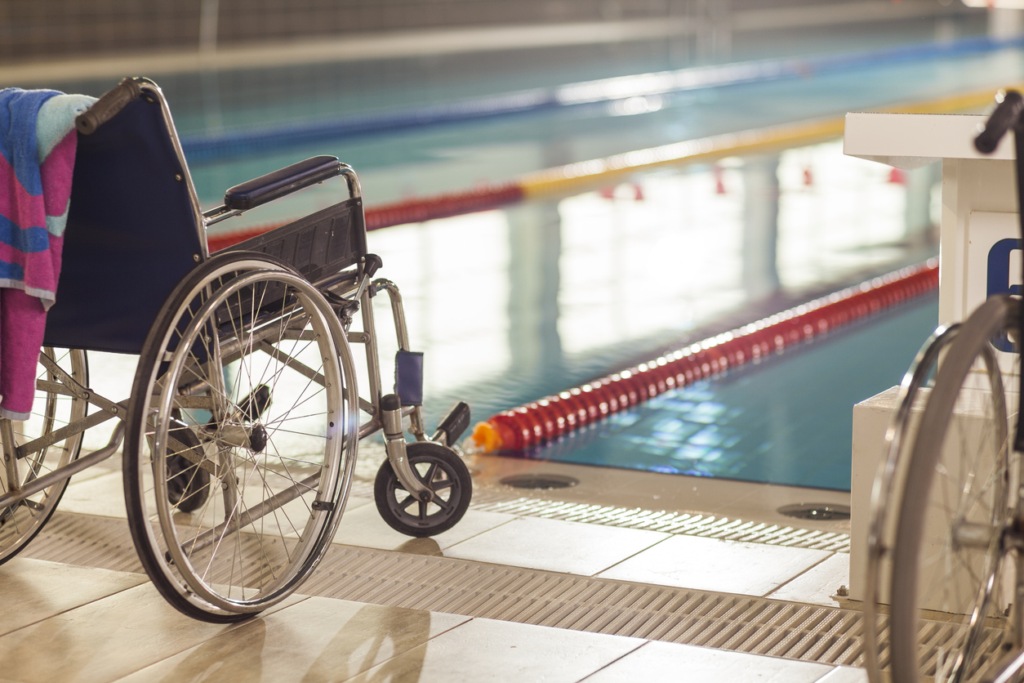
Although Singaporean Paralympic swimmer, Yip Pin Xiu, grows physically weaker by the day, she exhibits incredible mental strength. She was born with impaired eyesight and muscular dystrophy (an incurable genetic muscle-wasting illness). Refusing to bow to her condition, she overcame bullying in school and mobility issues during her growing up years. Since then, she has also gone on to win three Paralympic golds and one silver, setting a new world record in the process. Her resilience, tenacity and fortitude have helped her to overcome life’s challenges and emerge triumphant.
(See also: Why Your Child Should Learn Swimming)
5. Leave No Room for Self-pity

An unprovoked attack left Paralympic footballer, Jack Rutter, with a fractured skull, lifelong brain damage and deafness in one ear. That vicious attack also left him with difficulty balancing and coordinating his movements. His dreams of becoming a professional footballer were shattered, just a month before he was due to sign the contract.
While his attacker only spent six months in prison for his crime, Rutter refused to gripe over the injustice. He also didn’t wallow in self-pity. Instead, he chose to move on, saying, “That pain I felt back then is actually the strength I feel today because of the opportunities I have been given with the cerebral palsy football team.”
Similarly, when our children find themselves in a disadvantaged situation, we can encourage them to share the mindset of Blake Leeper, a legless Paralympic runner who believes that “Life is 10 per cent what you deal with and 90 per cent how you deal with it.”
6. Challenge Yourself
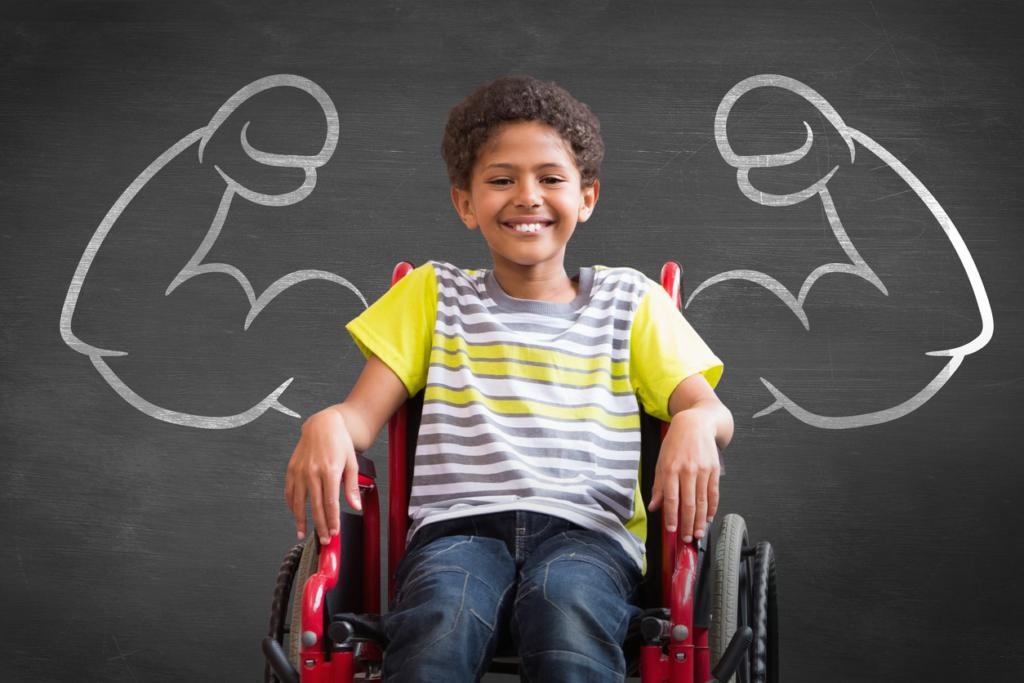
Our children are growing up in a society where their achievements are constantly being compared with others. However, Singaporean Paralympian, Laurentia Tan, prefers to be competitive with herself instead. “Unless we challenge ourselves, we do not know what we can do (or what) our full potential is,” she says.
Born with cerebral palsy and profound deafness, she was diagnosed by a doctor to be “spastic”. However, the equestrian rider defied his prediction that she would “live the life of a vegetable”. She even won Singapore’s first Paralympic bronze medal and a silver in the freestyle test that is performed to music which she cannot hear!
7. Everyone is Gifted Differently
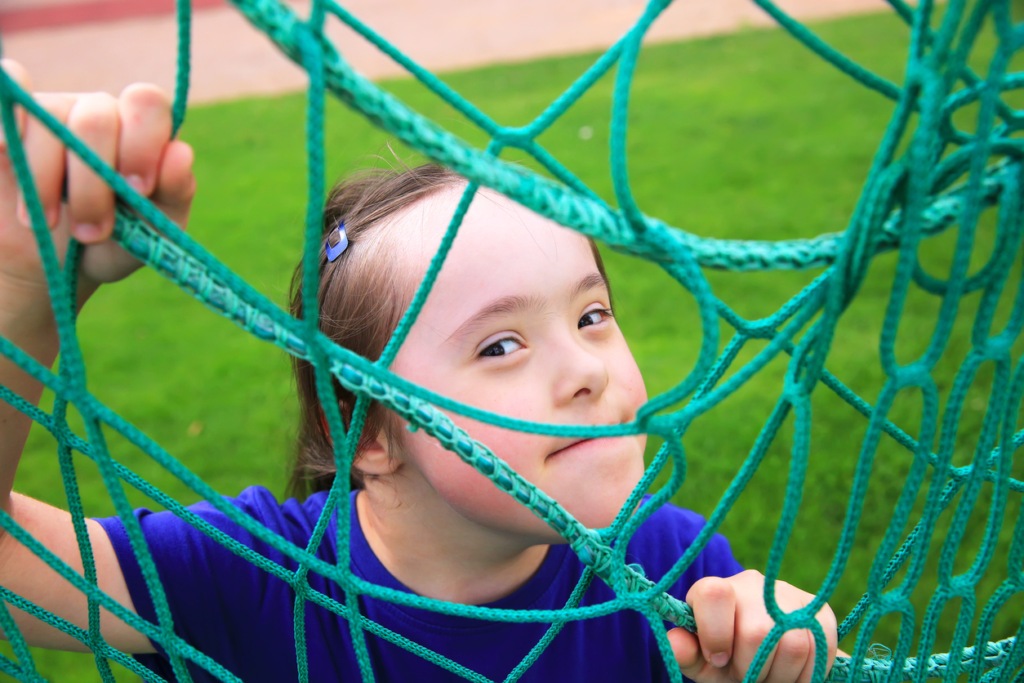
Paralympic table tennis player Victoria Bromley is “not good at maths”. She has a mild learning disability that affects her literacy and numeracy skills. Yet, her talent in sports saw her representing Britain in the 2012 Paralympics.
In our society, where academic achievements are highly prized, we must emphasise to our children that each person is gifted differently. Our self-worth is not measured by the talents we possess or lack. Help your child to discover his own gift and encourage him to pursue it. By doing so, we can set them on an alternative path to success.
“Whatever your children do, just have confidence in them, and just love them,” urges Colin Schooling, the father of Singapore’s first Olympic gold medallist, Joseph Schooling.
(See also: 10 Life Lessons I Want My Kids to Learn from Joseph Schooling)
8. Finish Well
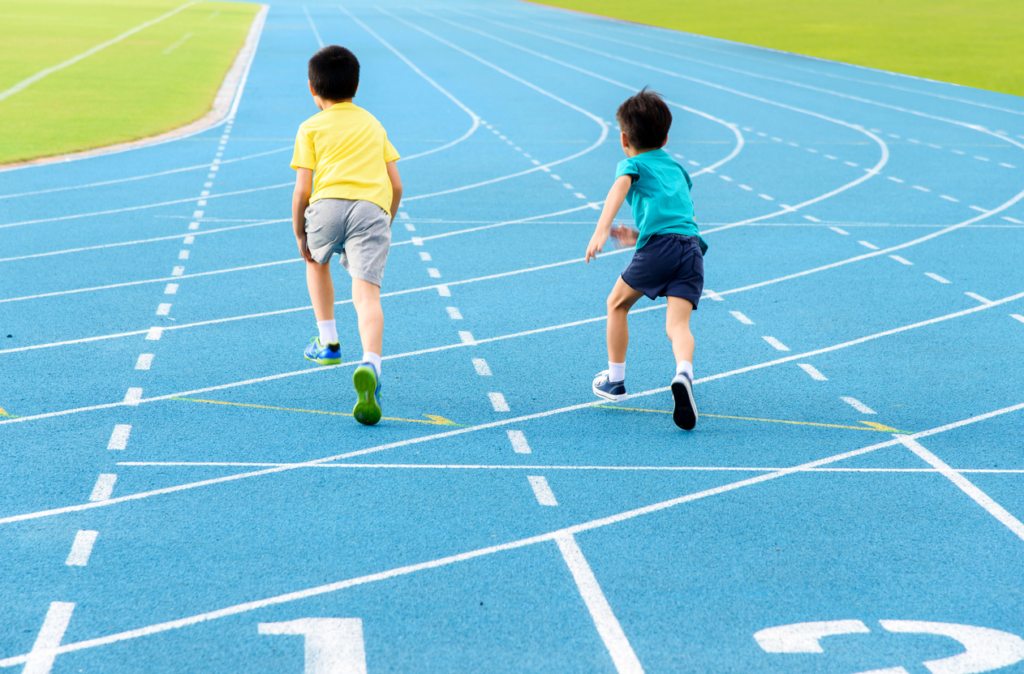
It is important to finish well just as it is to start well. As the first to approach the finishing line of the 10km Peachtree Road Race 2015 in Atlanta, USA, Ben Payne gestured ‘number one’ with his raised arm. Imagine his pain and embarrassment when British Olympian, Scott Overall, overtook him to clinch gold by 0.09 seconds!
Whether it be seeing a project through to completion or pushing through their revision for the final examinations, we can encourage our children to press on in their endeavours until the job is done.
(See also: A Post-Exam Parent’s Report Card — How did you Do?)
9. Leave a Lasting Legacy
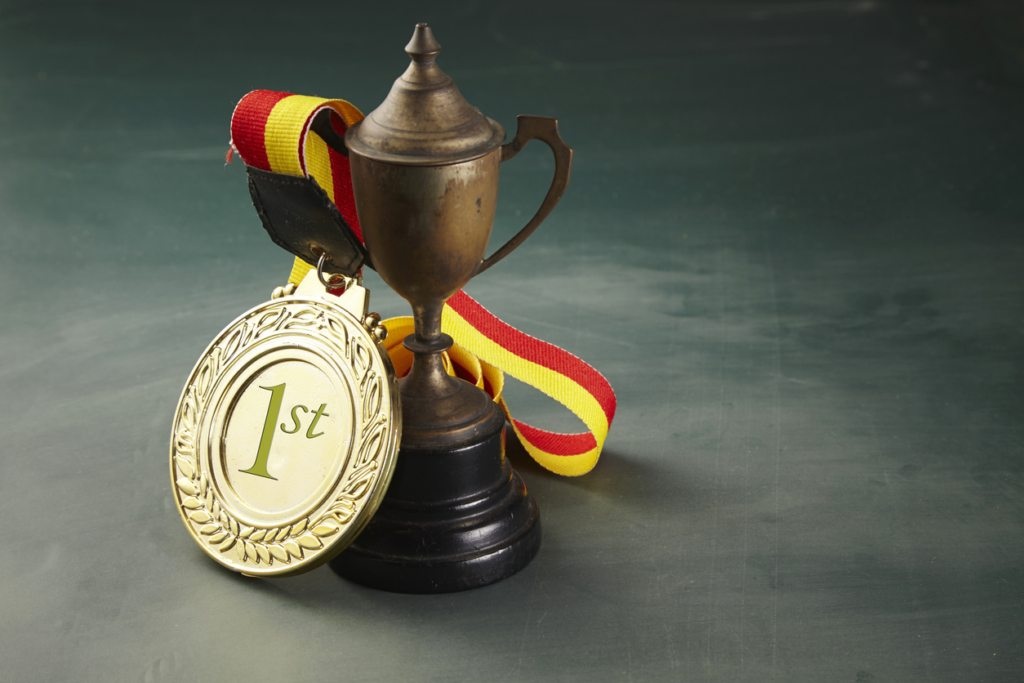
An Olympian with only one gold medal is best remembered for a race he did not run and whose forgotten grave was marked by a simple wooden cross with his name written in boot polish, can hardly be considered successful by the world’s standards.
After breaking the world record for the 400m race in the 1924 Olympics, Eric Liddell turned his back on fame. He chose instead to serve as a missionary in China. During World War II, despite threats of an imminent Japanese invasion, he stayed on to provide medical care for the locals. Stories abound of how he had risked his life to save others.
Liddell was eventually confined in an internment camp. Fellow inmates recall him “pouring all of himself” into meeting their needs, despite being in desperate need of medical attention himself. He eventually succumbed to a brain tumour and died there.
Fame and glory are fleeting (can you recall who won the 100m butterfly race in the 1996 Olympics?), yet the legacy of Eric Liddell lives on in the lives that he has touched.
10. Discover Your Purpose in Life

Having reached the pinnacle of his success at the 2008 Beijing Olympics, where he won a historic eight gold medals, Michael Phelps suddenly found himself without a goal in life. Faced with ‘athletes’ death’ (defined as “the moment where the athlete leaves the stage and stares into a void”), he filled that void with alcohol, drugs and parties. Twice arrested for drunken driving, and struggling with suicidal thoughts, he finally checked into an addiction treatment centre. There, he found a renewed purpose in life, and things began to turn around.
In our meritocratic society, it is easy to get caught up in the empty pursuit of achievements or material rewards. “Many of us are missing something in life because we are after the second best,” observed Eric Liddell.
What is this elusive best, and how would we define success? Perhaps the best guidance we can give our children is to help them find answers to these questions and live life with a meaningful purpose.
All content from this article, including images, cannot be reproduced without credits or written permission from SingaporeMotherhood.
Follow us on Facebook, Instagram, and Telegram for the latest article and promotion updates.





